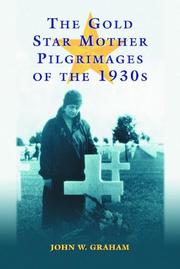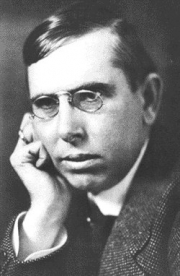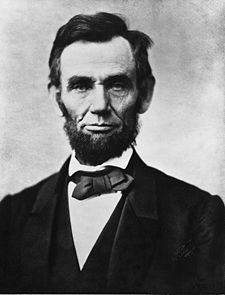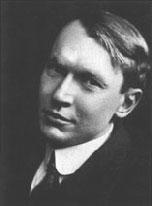
John W. Graham
Born: 1961 in Champaign, Illinois
Pen Name: None Connection to Illinois: John graduated from the University of Illinois. Biography: John is a librarian who has also produced a documentary broadcasted on Public Television entitled, Gold Star Mother Pilgrimages of the 1930's.
Awards:
John W. Graham on WorldCat : http://www.worldcat.org/search?q=john+w.+graham
Selected Titles
 |
Corporate environmental policies / ISBN: 0810835746 OCLC: 40979834 Scarecrow Press, Lanham, Md. : 1999. |
 |
The Gold Star Mother pilgrimages of the 1930s : ISBN: 9780786421381 OCLC: 58554939 McFarland & Co., Jefferson, N.C. : ©2005. During the first World War, a flag with a gold star identified families who had lost soldiers. Grieving women were Gold Star mothers and widows. Between 1930 and 1933, the United States government took 6,654 Gold Star pilgrims to visit their sons' and husbands' graves in American cemeteries in Belgium, England, and France. Veteran Army officers acted as tour guides, helping women come to terms with their losses as they sought solace and closure. The government meticulously planned and paid for everything from transportation and lodging to menus, tips, sightseeing, and interpreters. Flowered wreaths, flags, and camp chairs were provided at the cemeteries, and official photographers captured each woman standing at her loved one's grave. This work covers the Gold Star pilgrimages from their launch to the present day, beginning with an introduction to the war and wartime burial. Subsequent topics include the legislative struggle and evolution of the pilgrimage bill; personal pilgrimages, including that of the parents of poet Joyce Kilmer; the role of the Quartermaster Corps; the segregation controversy; a close examination of the first group to travel, Party A of May 1930; and the results of the pilgrimage experience as described by participants, observers, organizers, and scholars, researched through diaries, letters, scrapbooks, interviews, and newspaper accounts. |




